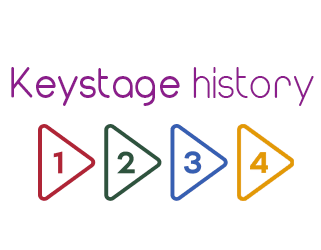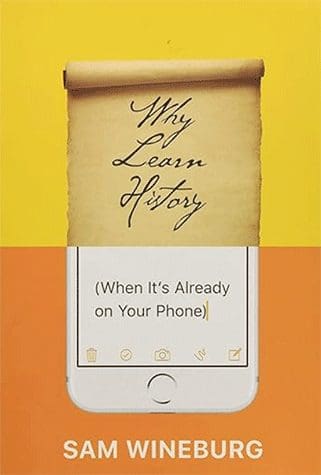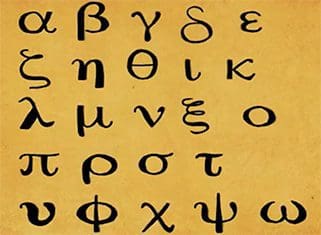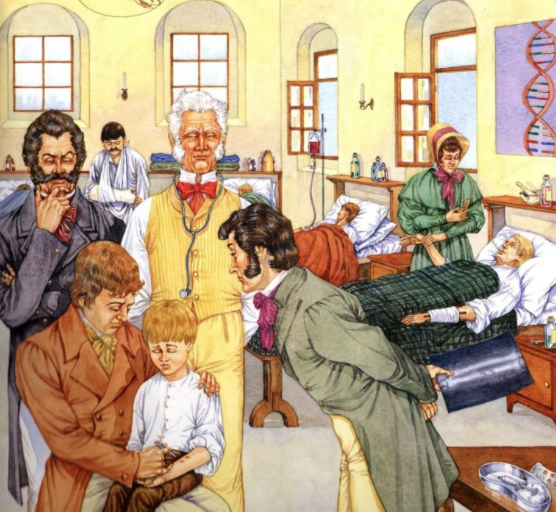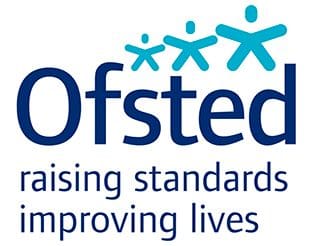
With the OFSTED Framework for 2019 very much in mind the clever people at OneBigHistoryDepartment have come up with a list of questions to ask yourself about your KS3 history curriculum
Intent:
- What do you want your students in your school to know by the end of KS3? Why is this important?
- What are the topics that are fundamental for your students to know? Why are they so important?
- What are the topics that you will leave out of your curriculum? Why are they not important enough to include?
- What disciplinary knowledge (second order concepts) should students develop in each year? Why is this important?
- What substantive knowledge (first order concepts) should students develop in each year? Which concepts will they need to understand to make the most of GCSE and A-level?
- Are you being as ambitious as you can be for your students? Is there sufficient challenge in the curriculum you are setting?
- Does your curriculum reflect the diversity of your student body? Are there too many ‘great men’ making up your curriculum?
- Do all your team share a clear vision for the history curriculum? Are they all able to articulate this if asked? Do the students know this vision?
- How does your curriculum build towards GCSE and A-Level? (it should build towards this but not be constrained by it)
- Is there the correct balance of local, national and international history in your curriculum?
Implementation:
- How many lessons do you have per year? How will you split this between the topics you have chosen? Should all topics have equal attention?
- Are smaller or longer units more beneficial?
- How are you framing your topics? Are you using the right enquiry questions?
- Are your topics / enquiry questions grounded in and reflecting the recent scholarship of historians?
- Will you structure units chronologically or will you look at a more thematic approach?
- How are you building on KS2 knowledge in Year 7? How are you building on Year 7 knowledge in Year 8?
- Have you built in concepts that can be returned to time and time again? e.g. empire, authority
- Does the sequence of units or the sequence of lessons make sense? Will students have sufficient background knowledge from previous units or lessons to undertake the next?
- How are you avoiding a ‘one thing after another’ syndrome? Are you using any ‘scale switching’ (e.g. from breadth to depth) to stitch particular enquiries together?
- How can you build a sense of different time periods?
- Are there questions that underpin the entire curriculum (e.g. What are people’s beliefs?) that could be returned to time and time again?
- Should you build in pauses in the curriculum for reflection and to return to the chronology?
- Should you build in time for staff to explore areas of the agreed curriculum that particularly interest them or a particular students?
- Is the core knowledge you expect to see covered in lessons explicit to staff, students and parents?
- Is there a list of key academic vocabulary that should be used in lessons?
- How will you use homework to ensure students meet your curriculum intention?
Impact:
- How will you know your students have met your curriculum intention?
- Is you assessment designed for your curriculum rather than being constrained by GCSE assessment models designed for 16 year olds?
- How much assessment is enough for the students to get sufficient feedback to improve their work but not increase your staff workload?
- Does your assessment system test if students are building knowledge across a term, a year or the key stage?
- How are you explicitly testing students substantive and disciplinary knowledge?
- Are you utilising cognitive science techniques of regular recall and interleaving when you build students memory?

